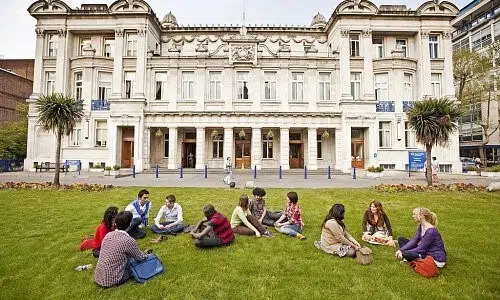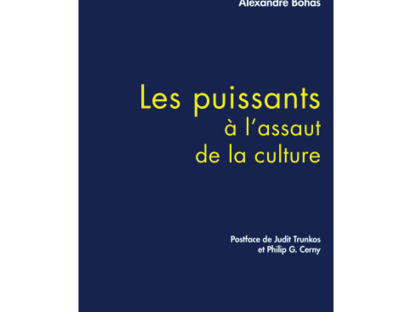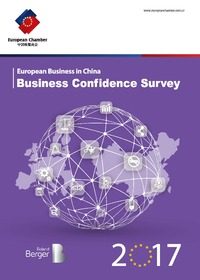Queen Mary University of London, 5-7 September 2016
As every year, there has been a vivid participation in the UACES annual conference by members of the EU*Asia Institute.
If UACES is to quite a considerable extent home for the European Studies community, London is home for UACES. At Queen Mary University the conference site was very conveniently located and the academic environment was perfect for the UACES annual conference.
Attendance seemed to be a bit lower than the year before which might well be down to the splendour of Bilbao in 2015, its hospitality and culinary temptations which are hard to match by London. However, the city showed itself as a buzzling multicultural metropolis which one hardly ever finds anywhere else.
This is perhaps also the reason for the British pride which has turned back to tendencies of splendid isolation over the Brexit vote. Clearly this was the major topic at the conference and it is not surprising that the sentiment was that of disbelief and disappointment among the members of the biggest European Studies association. What comes next? Alex Warleigh-Lack, the former Chair of UACES professed at a conference at ESSCA, way before any serious ideas of Brexit were on the table, that Britain would leave, realise its mistake and rejoin the EU on worse conditions as it has now. If this comes to pass, it may well take a generation and who knows what other major political changes the Brexit might entail.
Evidently, the European Studies community carried on and the members of the EU*Asia Institute joined in with their expertise in different fields of European Studies.
First, Professor Wei Shen, Dr Frauke Austermann and Mr. Max Rech are coordinating the UACES Collaborative Research Network (CRN) on EU-Asia Relations. No less than seven panels were organised under this umbrella, with notable participation of Prof Emil Kirchner, UACES Lifetime Achievement Award 2012, Professor Wei Shen himself, Dr Miguel Otero-Iglesias and Dr. Antonella Forganni, of the EU*Asia Institute. The organisation and dynamic of the CRN, its importance in the EU*Asia Institute and the regular output, of which the panels at the UACES conference are a prime example, is remarkable.
Secondly, Dr Simona Davidescu and Professor Thomas Hoerber participated in several sessions of the former CRN on the Governance of Sustainability which turned into the CRN on European Energy Policy. No less than nine panels were organised at the conference around the nexus of Energy & Environment emanating to at least some degree from the work of these CRNs and the implication of members of the EU*Asia Institute, such as Professor Pamela Barnes, Jean Monnet Chair ‘ad personam’.
The conference also hosted the Teaching and Learning Workshop, which this year focused on “Assessing Quality in Teaching”. In certain countries, such as Germany or The Netherlands, the assessing methods are changing from external auditing (at national level) to internal evaluation systems and this may raise some concerns in terms of accountability. Both methodologies have been discussed during the workshop: advantages and disadvantages of these methods have been highlighted.
Finally, no UACES annual conference must be without a panel on European space policies. Chaired by Thomas Hoerber, it assembled enthusiasts around the topic popularisation of space in which Dr Antonella Forganni gave a paper on the prospects of space tourism.
We are looking forward to the UACES annual conference in Krakow in 2017, which seems to be promising for its location and challenging for the increasingly Euro-sceptic politics of Poland. That is where UACES should be, at the cutting edge of the defence of European integration.
Thomas Hoerber.





